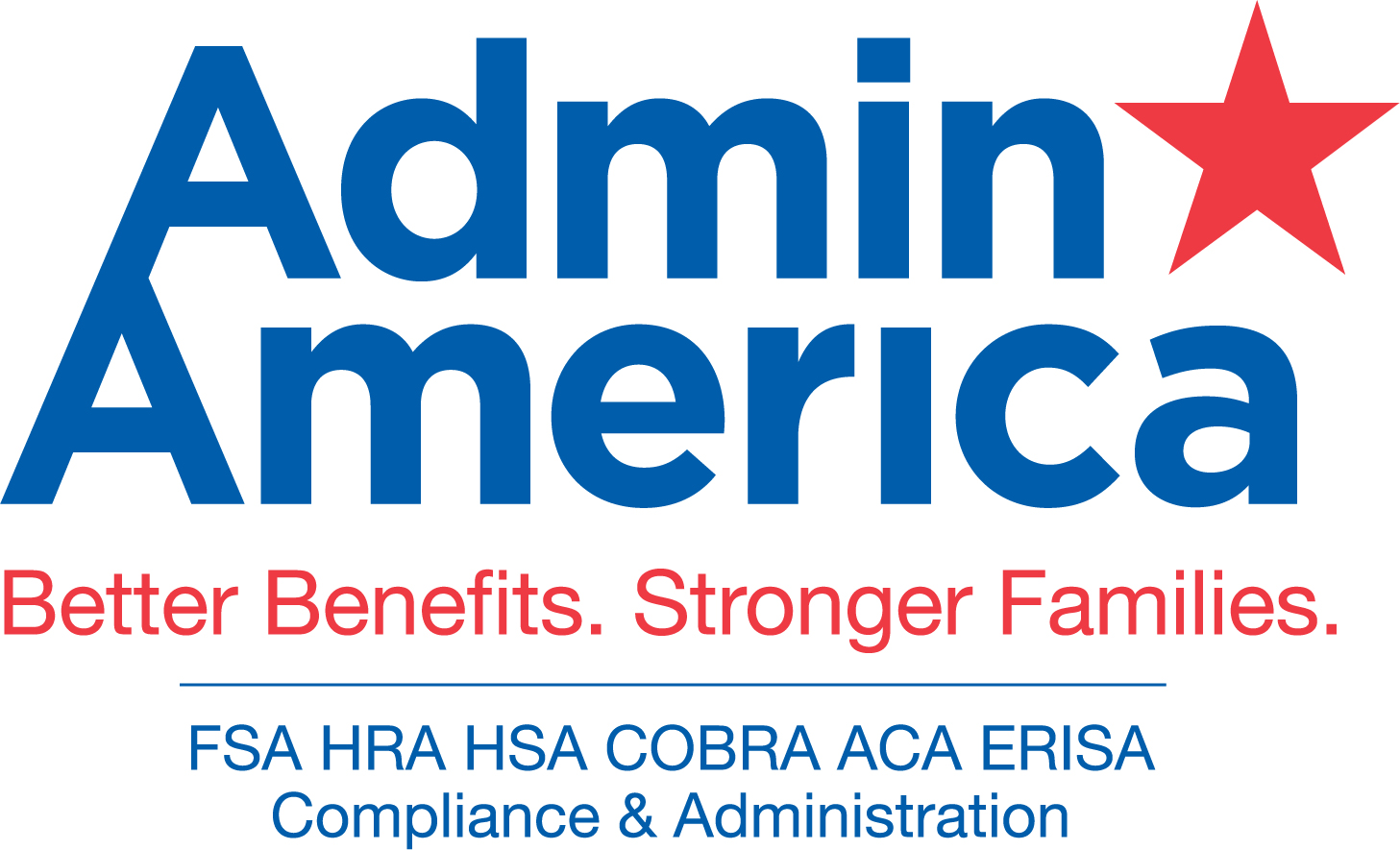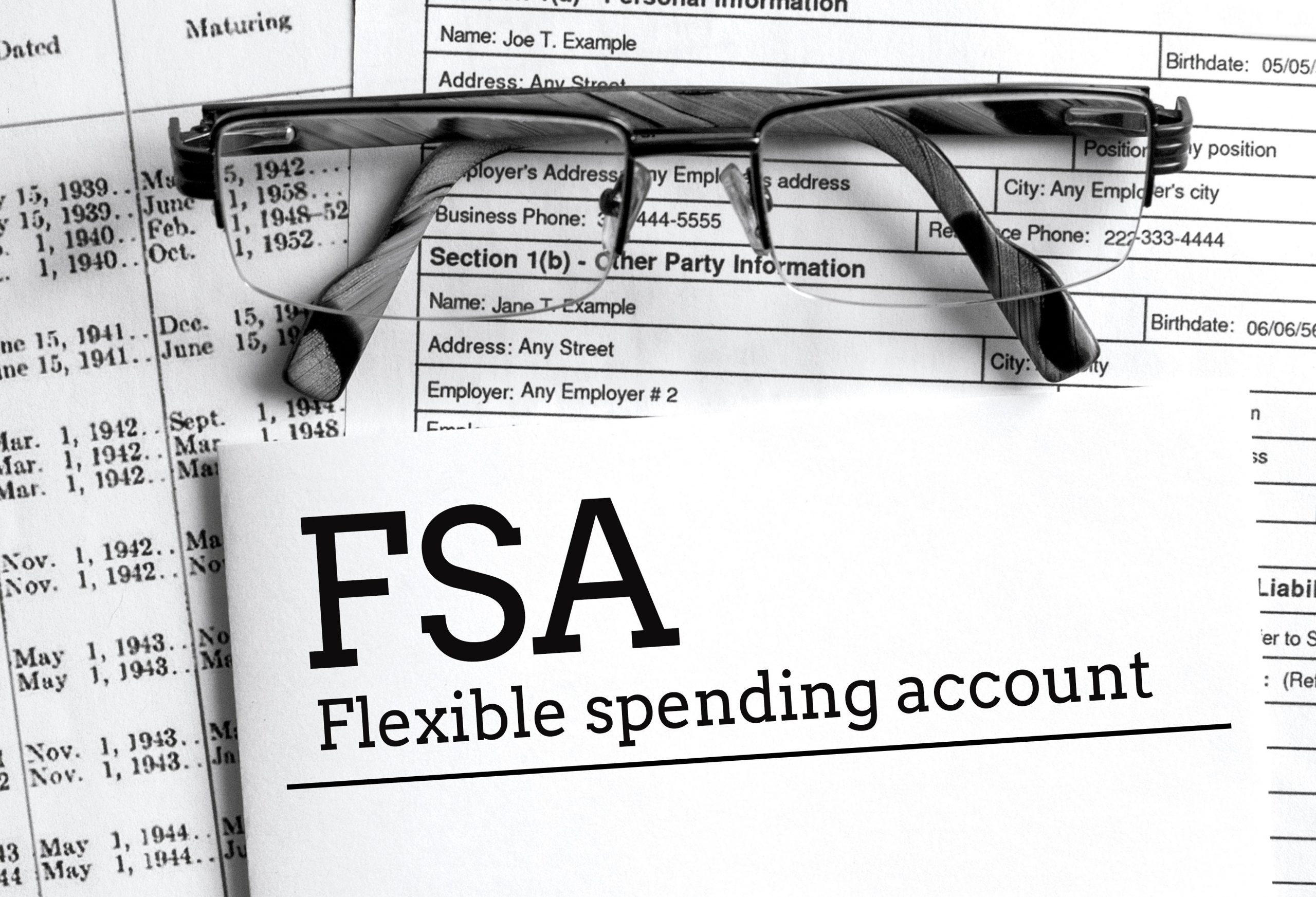If you are like most FSA plan participants, having to submit documentation for your FSA debit card can be irritating. Why in the world do you have to submit a receipt for a $3 expense? Or for a charge at a facility like a dentist that is obviously a medical expense? Why is the plan’s administrator so mean? Or are they just stupid?
These seem like reasonable questions until you learn why the rules are the way they are. You and your plan are required to go through these steps is simply “because the IRS says so”. Knowing that, most people understand that what seems reasonable to most of us just doesn’t matter.
All FSA Reimbursements Must Be Substantiated…
As far back as the 1990s, the IRS has consistently required Health and Dependent Care FSAs to substantiate each and every reimbursement. The IRS reaffirmed these rules in a Chief Counsel Memorandum published in March of this year. These rules apply to manual claims and FSA debit card expenses.
The reason these rules are so important to follow is the consequence for non-compliant plans. IRS rules state that plans that do not document all of the reimbursements they pay will lose the tax exempt status that FSA plans typically enjoy. This would result in all payments to that plan’s participants being subject to income and payroll taxes. This would be a catastrophic result for any employer and their employees.
…Even situations that seem obviously eligible or ridiculous
Unfortunately, the IRS rules do not provide plans with the flexibility to make exceptions. This is true even for some situations that would seem reasonable to most people. For example, there is no de minimus exception to the substantiation rules for low dollar claims and debit card payments. Just because a debit card transaction was for $1.70, your plan can’t just decide to waive the documentation rules.
Another common request that the IRS rejects would allow plans to use “sampling”. Sampling would involve employers reviewing only a limited subset of claims instead of requiring documentation for each and every reimbursement.
Lastly, the IRS does not allow Dependent Care FSA participants to file a single claim at the beginning of a Plan Year and then receive automatic reimbursements for the rest of the year.
But why is my FSA debit card receipt not enough for you guys?
The IRS’s rules require plans to collect specific information about reimbursements from an independent third party. The required information has three elements:
- a description of the product or service
- the date the service or product was provided
- the amount paid for the product or service
FSA plans may not reimburse any expense unless third party documentation details all three elements. This is why debit card transactions often require additional documentation. Debit card transactions will almost never contain a description of the product or service. Similarly, debit card transactions often do not provide information about the date of service. The date of service determines plan eligibility is what matters for FSA plans. Payment dates are irrelevant.
Then why do I not have to submit receipts for some of my FSA debit card transactions?
The IRS’s rules often seem dumb. However there are a few helpful situation where the IRS does not require any other information for debit card related transactions. In limited situations, the purchase has specific qualities that the IRS believes verify the three required elements described above. These situations fit into three broad categories:
- Co-pay matches
- Recurring expenses
- Real-time verification by the services or product provider
All auto-substantiations require the vendor in the debit card transaction to be associated with a health care or dependent care related Merchant Category Code (MCC). The payment card industry assigns each vendor a MCC classification based on the merchant’s primary business activity.
Co-pay matches
Plans do not need to require additional documentation from plan participants for FSA debit card transactions that exactly match an employer’s group health plan’s co-pays. Also, the IRS allows multiples of the employer’s group health plan’s co-pays. The IRS only allows eligible co-pays from the employer’s group health plan for the applicable provider type. The rules do not allow consideration of co-pays from other group health plans. For example, if the employer’s group health plan has a $25 co-pay for physicians, the plan can auto-substantiate debit card payments to physicians for $25, $50, $75 or $100. If your plan requires you to provide documentation for a transaction that matches your group health plan’s co-payments, it may be helpful for your employer to verify that the plan administrator has up to date co-payment information.
Recurring expense
FSA participants who pay the same amounts multiple times to the same providers can benefit from recurring expense auto-adjudication. Common examples are child care fees and payments to orthodontists. The participant documents the first expense just like any other expense. The plan then auto-adjudicates future FSA debit card expenses that match the tagged substantiated transaction with regard to provider and amount. The participant may need to ask the plan to “tag” the first expense as recurring. However, sometimes this process is automatic.
Real time verification auto-adjudication
Real time verification most commonly occurs with health care related purchases made from major retail vendors. These types of companies typically install special systems into their point of purchase software. Commonly referred to as IIAS, these systems match a list of FSA eligible products to your purchases. In doing so, the IIAS identifies the amount of your total purchase that is FSA eligible. The IIAS typically only allows that amount to be paid with your FSA debit card. You would then be asked for another form of payment for any additional amounts.
Differences in FSA administration are not due to any differences of interpretation. The IRS’s rules are clear. What seems to be different among employers (and their administrators) is their concern for following the law. Frankly, this is probably due to the IRS’s historic lack of enforcement in this area. Historically, the IRS has almost never imposed it’s threat of plan disqualification. Therefore ignoring the substantiation rules is unlikely to have any adverse consequence while making the lives of FSA plan participants a lot easier. While the consequences for not following IRS rules may seem low given the IRS’s past enforcement history, employers have to weigh the risks of a policy change in the future. And of course, some employers choose to follow the law because, well, its the law.
While we know it’s annoying, Admin America tries to make the FSA substantiation process as simple as possible for our clients’ participants. The easiest way to substantiate your FSA debit card transactions is to upload receipts through our secure online portal. However, we are always looking for ways to make FSA plans easier to use. We appreciate your questions or any feedback you have.



